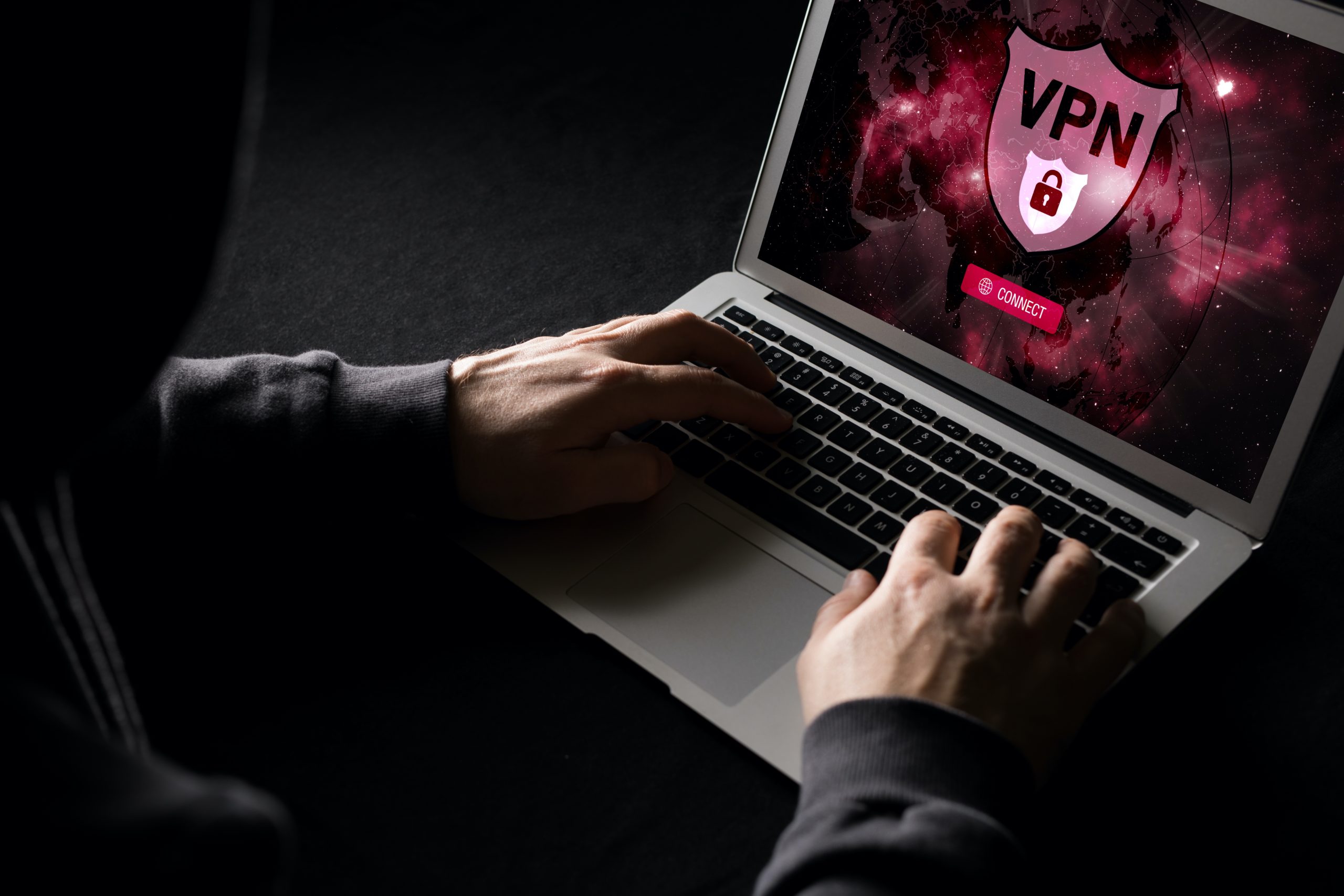
Internet privacy: Discover why VPNs are so crucial in today’s world
VPNs are becoming increasingly more useful in the internet age. They not only provide access to sites that would otherwise be blocked, but they can ensure you aren’t being tracked by outside sources. VPNs are especially useful if one is browsing the internet from their own home and want to make sure their data is encrypted.
But how does a VPN work? Does it require special tech skills? Does the installation process differ when you purchase a VPN for multiple devices? We’ve decided to answer each of these pressing questions so that readers can use their VPN to its fullest capacity.
VPNs on mobile devices
In years past, the installation of VPNs on mobile devices was a lengthy process. Thankfully, today, it’s much simpler. If a user has an iPhone or an Android and wants to ensure that the data is not being tracked, they can simply download the VPN app of their choosing and install it. Once the installation is complete, the user’s data will automatically become encrypted.
There are several different VPN options, most NordVPN remains one of the most popular due to its flexibility. NordVPN allows up to six installs per account, so users can encrypt all of their tech in addition to those owned by friends and family.
Free VNPs vs paid VPNs
There’s some confusion about VPNs that are free versus the ones that are paid. Both appear to be beneficial, but the free options are oftentimes a huge risk. Some free VPN options will not encrypt data at all times, and perhaps even worse, they will keep logs of your data in order to sell it to the highest-bidding advertiser. In the case of the latter, the VPN would be putting your personal information at risk instead of protecting it.
We recommend using paid VPN options exclusively. Some of the most popular VNPs include ExpressVPN, Tunnelbear, StrongVPN, and the aforementioned NordVPN.

VPN compatibility with internet provider
A valid concern that some users might have is whether a VPN would mess with their current internet/Wi-fi connection. Fortunately, the answer to both is no. A VPN only affects the virtual end of your internet use, which will make it seem like you are running through a different network when really you are using the same network as usual. There will be no additional strains or costs for your current internet set-up.
Most operating systems offer VPNs, including Mac OS, Windows, Linux, iOS and Android. The same is true for the devices that users may want to install a VPN on, whether they be laptops, tablets, or iPhones.
VPNs and pirating
While VPNs can encrypt a user’s data, that doesn’t mean it can protect the user in the event they download illegal content. A good rule of thumb is that if a user can’t do something on a normal internet connection, they shouldn’t be doing it with a VPN.
Even with a shifting IP address, a VPN can sometimes succumb to a dropped connection. When a dropped connection occurs, a user’s real IP address can be revealed, and they will be liable for any illegal content they were pirating at the time. Most VPNs employ a “kill switch”, or a safeguard against these dropped connections, but a user can still be at risk if they are pursuing content through illegal means.
Conclusion
VPNs are becoming more common with each passing day, especially as more business is being conducted online. A VPN not only protects your personal information, but it keeps sites from bundling your data and selling it to marketers who bombard you with ads. If you are a user who doesn’t yet have a VPN, consider making a change today.







